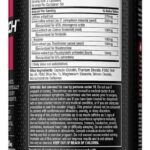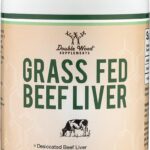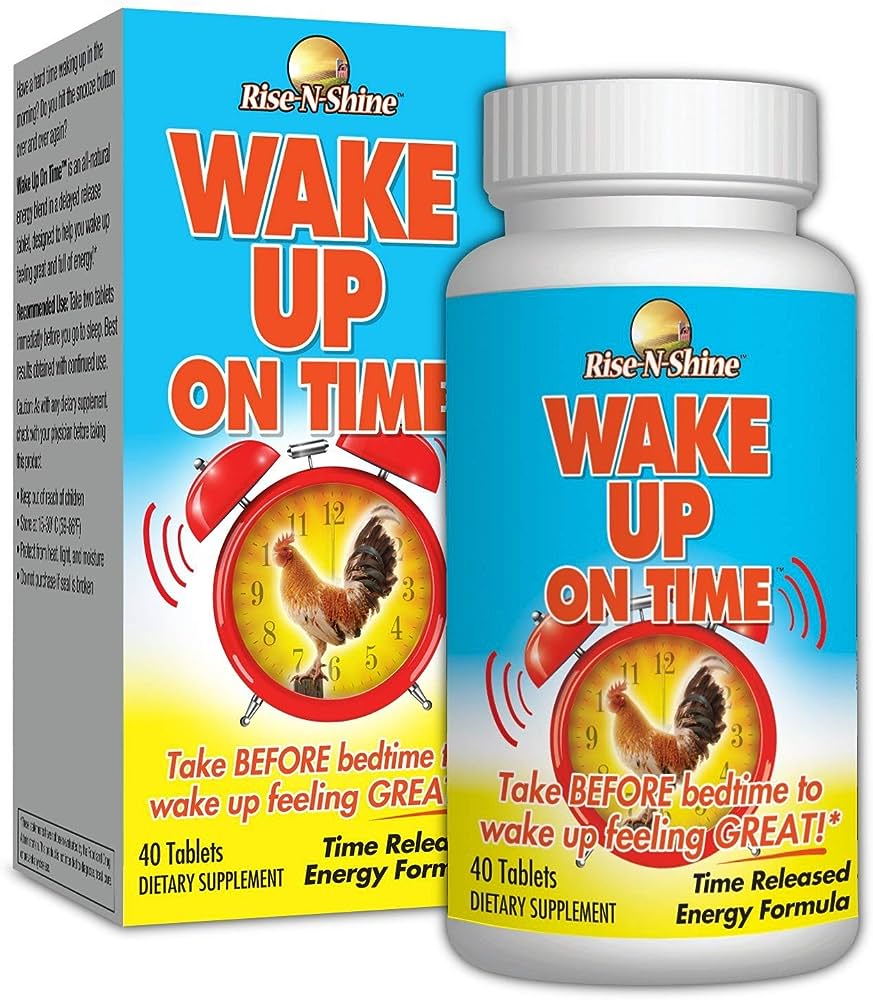Have you ever found yourself overwhelmed by the vast array of nootropic options out there? With so many different brands and formulations promising cognitive enhancement, it can be difficult to know where to start. But fear not! In this article, we will explore some key considerations to help guide you towards choosing the right nootropic for you.
When it comes to selecting a nootropic, it’s crucial to understand your specific goals and needs. Are you looking to enhance your memory and focus? Or perhaps you need a natural boost in energy and mood? By clarifying what you hope to achieve from taking a nootropic, you can narrow down your options and choose one that aligns with your objectives.
Another important factor to consider is the ingredients used in the nootropic. Different substances have different mechanisms of action and effects on the brain. Some popular ingredients include caffeine, L-theanine, and various vitamins and minerals. It’s worth doing some research and understanding how these ingredients work to determine if they are suitable for you.
Ready to dive deeper into the world of nootropics and discover the perfect one for you? Keep reading our article to learn more about the different types of nootropics available, their potential benefits, and how to choose a reputable brand. By taking the time to educate yourself, you’ll be well-equipped to make an informed decision and find the right nootropic to support your cognitive needs.
Understanding Nootropics
What are nootropics?
Nootropics, also known as cognitive enhancers or smart drugs, are substances that are believed to enhance brain function, memory, creativity, and motivation. They have gained popularity in recent years as individuals seek ways to improve their cognitive abilities and achieve peak mental performance.
How do nootropics work?
Nootropics work through various mechanisms of action. Some increase the production of neurotransmitters in the brain, such as dopamine, serotonin, and acetylcholine, which are essential for cognitive function. Others improve blood flow and oxygen delivery to the brain, promoting enhanced brain function. Additionally, certain nootropics protect the brain from oxidative stress and reduce inflammation, which can improve overall brain health.
Different types of nootropics
There are several different types of nootropics available, each with its own unique benefits and mechanisms of action. Some popular categories include:
-
Racetams: Racetams are a class of synthetic compounds that enhance memory, focus, and cognitive abilities. Examples include piracetam, aniracetam, and oxiracetam.
-
Cholinergics: Cholinergics work by increasing the levels of acetylcholine, a neurotransmitter involved in learning and memory. Substances like alpha-GPC and CDP-choline fall into this category.
-
Adaptogens: Adaptogens are natural substances that help the body resist stress and improve overall well-being. They can enhance cognitive function by reducing fatigue and increasing mental clarity. Popular adaptogens include ashwagandha, rhodiola rosea, and ginseng.
-
Natural brain boosters: Some nootropics come from natural sources, such as herbs and plants. These substances, like bacopa monnieri and gingko biloba, have been used for centuries to improve cognitive function and memory.
Identifying Your Goals
Determining your desired cognitive enhancements
Before choosing a nootropic, it’s important to clearly identify your goals and what you hope to achieve through cognitive enhancement. Are you looking to improve memory and focus? Or perhaps enhance creativity and problem-solving abilities? Understanding your specific objectives will help you choose the right nootropic that aligns with your needs.
Identifying specific areas of improvement
Next, consider the areas of cognition you would like to improve. Are you struggling with memory retention or processing speed? Or do you need help with concentration and staying focused? By pinpointing your areas of weakness, you can find a nootropic that targets those specific cognitive functions.
Setting realistic expectations
While nootropics can offer significant cognitive benefits, it’s important to set realistic expectations. They are not magical pills that will instantly turn you into a genius. Instead, they provide a subtle boost to your cognitive abilities. Understand that the effects may vary from person to person, and it may take time to find the right nootropic and dosage that works best for you.

Researching Available Options
Exploring various nootropic substances
Once you have determined your goals and areas of improvement, it’s time to explore the wide range of nootropic substances available. Research each nootropic and understand its specific benefits, mechanisms of action, and potential side effects. This will help you make an informed decision based on your individual needs.
Understanding their mechanisms of action
Dig deeper into the science behind each nootropic to understand how it works in the brain. This knowledge will give you a better understanding of whether a particular substance will target your desired cognitive enhancements effectively.
Reviewing scientific studies and user experiences
While personal experiences and anecdotal evidence can be helpful, it’s important to also review scientific studies and research conducted on each nootropic. Look for studies that demonstrate the effectiveness and safety of the substance. Additionally, read user reviews and testimonials to gain insights into how others have experienced the effects of specific nootropics.
Consulting Professionals
Talking to a healthcare provider
Before incorporating any nootropic into your routine, it is advisable to talk to your healthcare provider, especially if you have any pre-existing medical conditions or are taking any medications. They can provide guidance and ensure that the chosen nootropic is safe for you to use.
Seeking advice from a neurologist or psychiatrist
For more specialized guidance, consider reaching out to a neurologist or psychiatrist who has expertise in cognitive enhancers. They can provide insight into the nootropics that may be best suited to your specific cognitive goals.
Considering input from a qualified nutritionist
A qualified nutritionist can offer guidance on optimizing your diet to support cognitive function. They can suggest nootropic-rich foods and supplements that can complement the effects of the chosen nootropic.

Considering Safety and Side Effects
Assessing the potential risks of different nootropics
When choosing a nootropic, it is important to assess the potential risks and side effects associated with it. Some nootropics may have unwanted effects, such as headaches, digestive issues, or sleep disturbances. Be sure to research the side effects and consult with a healthcare professional if you have any concerns.
Understanding common side effects
Every nootropic has its own set of potential side effects, so it’s important to understand what to expect. Common side effects may include mild headaches, nausea, or irritability. Remember that individual responses can vary, so pay attention to your body and adjust your dosage or switch to a different nootropic if needed.
Checking for interactions with existing medications
If you are currently taking any medications, it’s crucial to check for potential interactions with the chosen nootropic. Some substances may interact negatively with certain medications, leading to adverse effects. Always consult with your healthcare provider to ensure there are no contraindications.
Personalized Experimentation
Starting with a low dosage
When starting with a new nootropic, it is recommended to begin with a low dosage. This allows you to gauge your body’s response and minimize the risk of experiencing any adverse effects. Gradually increase the dosage as needed, always following the recommended guidelines.
Monitoring cognitive effects and adjustments
As you start incorporating the nootropic into your routine, pay close attention to any cognitive effects you experience. If you find that the chosen nootropic is not providing the desired benefits or is causing unwanted effects, consider adjusting the dosage or trying a different nootropic altogether. Remember, it may take time to find the right fit for your individual needs.
Tracking personal experiences and outcomes
Keep a journal to record your experiences and outcomes with different nootropics. This will help you track your progress, identify trends, and make more informed decisions in the future. Document any changes in cognitive function, mood, or overall well-being to better understand how each nootropic affects you.

Balancing Cost and Effectiveness
Comparing prices of different nootropic brands
Nootropic brands vary in terms of pricing, so it’s important to compare prices to ensure you are getting the best value for your money. However, remember that the cheapest option may not always be the most effective or high-quality. Consider the reputation of the brand and the sourcing of their ingredients when making your decision.
Evaluating cost-effectiveness based on desired benefits
Instead of solely focusing on the price, evaluate the cost-effectiveness of a nootropic based on the desired benefits. If a slightly pricier nootropic offers significantly better cognitive enhancements, it may be worth the investment. Assess the value you are receiving for the cost and prioritize quality and effectiveness.
Considering long-term affordability
When choosing a nootropic, consider its long-term affordability. Some substances may require continuous usage to maintain cognitive benefits, so factor in the ongoing cost when making your decision. It is wise to choose a nootropic that works well for you and is sustainable in the long run.
Considering Lifestyle Factors
Assessing sleep patterns and stress levels
It’s important to evaluate your lifestyle factors, such as sleep patterns and stress levels, when choosing a nootropic. Lack of quality sleep and chronic stress can significantly impact cognitive function. Addressing these factors through proper sleep hygiene and stress management techniques can complement the effects of the chosen nootropic.
Evaluating dietary habits and exercise routine
A healthy diet and regular exercise are essential for overall cognitive function. Evaluate your dietary habits and exercise routine and make necessary changes to support your cognitive goals. Consider incorporating brain-healthy foods and engaging in regular physical activity to enhance the effects of the chosen nootropic.
Incorporating nootropics into daily routine
To maximize the benefits of nootropics, it is important to incorporate them into your daily routine consistently. Set a schedule for taking the nootropic and adhere to it. Consistency is key to experience the full potential of the chosen nootropic and to notice any long-term cognitive improvements.

Seeking User Reviews and Recommendations
Browsing online forums and communities
Online forums and communities dedicated to cognitive enhancement can provide a wealth of information and user experiences. Participate in discussions, ask questions, and read reviews from individuals who have already tried various nootropics. However, remember that personal experiences can vary, so take them with a grain of salt.
Reading customer testimonials and product reviews
Customer testimonials and product reviews on reputable websites can also offer insights into the effectiveness of different nootropics. Look for testimonials from individuals with goals similar to yours and pay attention to the overall satisfaction of customers. However, it’s important to rely on a combination of scientific evidence, expert opinions, and personal experience to make an informed decision.
Considering individual preferences and experiences
Everyone’s brain chemistry is unique, so what works for one person may not work for another. Consider your individual preferences, such as preferred method of administration (capsules, powders, or liquids) and any aversions to certain substances. Combine this with your personal experiences and the information gathered to find a nootropic that suits you best.
Conclusion
Choosing the right nootropic for your individual needs and goals requires careful consideration and research. By understanding the different types of nootropics, identifying your specific cognitive enhancements, and assessing factors such as safety, side effects, and cost-effectiveness, you can make an informed decision. Remember to consult with healthcare professionals, track your personal experiences, and consider lifestyle factors to optimize the benefits of the chosen nootropic. With the right approach, you can find a nootropic that enhances your cognitive abilities and supports your journey towards improved brain function.












